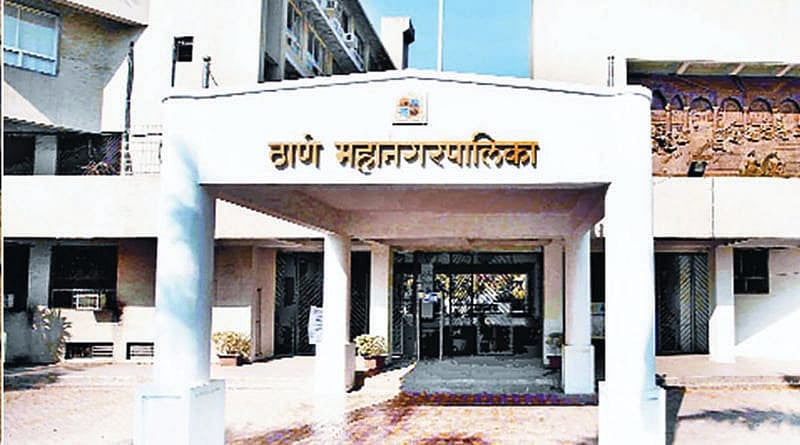In a surprise move, the Biden administration has decided to back the proposal put forward by India and South Africa at the World Trade Organisation (WTO) for a temporary waiver of intellectual property rights on vaccines developed to fight the Covid-19 pandemic. The proposal was mooted as a means to address the yawning gap in so-called ‘vaccine equity’ around the world, where some rich nations have managed to stockpile vaccines far in excess of the requirement of their entire population, while many others haven’t even been able to start vaccinating their people, both due to a lack of access to vaccines, as well as an inability to pay for them.
The patent waiver, it was hoped, would at least address the availability part of the equation, by allowing manufacturing capacity available with other producers, who do not have a viable candidate of their own, to be diverted to manufacturing those vaccines which have already been cleared by health authorities around the world. The patent waiver was also expected to reduce the cost of the vaccines, similar to the cost savings to be found in generic pharmaceutical formulations vis-à-vis patented ones. In theory, if the patents are waived, anyone with vaccine manufacturing technology can produce ‘generic’ Covid vaccines.
Of course, several rich nations, notably the EU, which has a strong presence in pharmaceuticals in general and Covid vaccines in particular, have opposed the patent waiver, on the grounds that IP waivers will act as a disincentive for research and innovation and harm innovation. If the pharma companies cannot recoup the billions of dollars they spend on research, the argument goes, they will simply not spend it, hurting public interest in the long run. On the face of it, it is a plausible argument.
In fact, similar arguments have been put forth by both the domestic manufacturers of Covid vaccines in India, Serum Institute and Bharat Biotech, to justify their pricing of the vaccine for the open market. However, this fails to take into account the vast sums of public funds pumped into vaccine research worldwide, including in India, where Bharat Biotech’s Covaxin was jointly developed by the company and the government-run National Institute of Virology.
The pharma industry, which is opposing the IPR waiver, argues that simply waiving patent protection alone would not guarantee availability of vaccines. Vaccine manufacturing is a complex process, they argue, requiring high levels of technology and quality control to ensure that vaccines are manufactured to the highest quality standards. In fact, they argue, the current supply bottlenecks are being caused not by a lack of access to the vaccine technology but the fact that it is simply not possible to ramp up production overnight.
Besides, as Indian vaccine producer Serum Institute of India’s experience has shown, there can be other roadblocks which have nothing to do with patents. The SII’s MD Adar Poonawalla recently appealed to US President Joe Biden to lift the export ban placed by the US government on all material and inputs related to vaccine manufacture, which was hampering SII’s ability to ramp up output.
These are valid arguments. However, the need of the hour is to ensure that every eligible person in the world is inoculated, since, as UN Secretary-General Antonio Guterres pointed out, “No one is safe till all are safe”. This appeal has so far fallen on deaf ears among rich nations, which account for 6.5 billion of the 8.5 billion doses worth of orders already placed with vaccine manufacturers. Even if they managed to vaccinate their entire populations, they would not be safe against a new mutant variant originating from a country which has not been able to protect its population.
The only viable solution is to ensure that the global vaccine alliance Covax, which is funding and supplying vaccines to those countries which cannot afford it, is adequately supported by the developed powers. Those arguing that a mere patent waiver will not solve the problem also point to the fact that Moderna, which manufactures one of the successful Covid vaccines, had decided in October last year not to enforce its patent on the vaccine for the duration of the pandemic – but till date no manufacturer has been able to start making a copied version of the Moderna vaccine.
There is a growing school of thought which supports a ‘third way’ – of allowing voluntary licensing arrangements (such as AstraZeneca’s license to SII), combined with the wealthier nations actually investing money to set up manufacturing facilities in poorer nations which are badly affected by the pandemic. This would, they argue, will continue to respect IPRs, vital for innovation to continue, while also solving the accessibility problem for poorer countries.
However, regardless of the final outcome of any waiver move – the proposal is yet to pass muster at WTO – it is amply clear that India, and other nations currently battling a devastating second wave, will need to somehow find a way to cope with the crisis, while ramping up the vaccination drive to the maximum possible.




